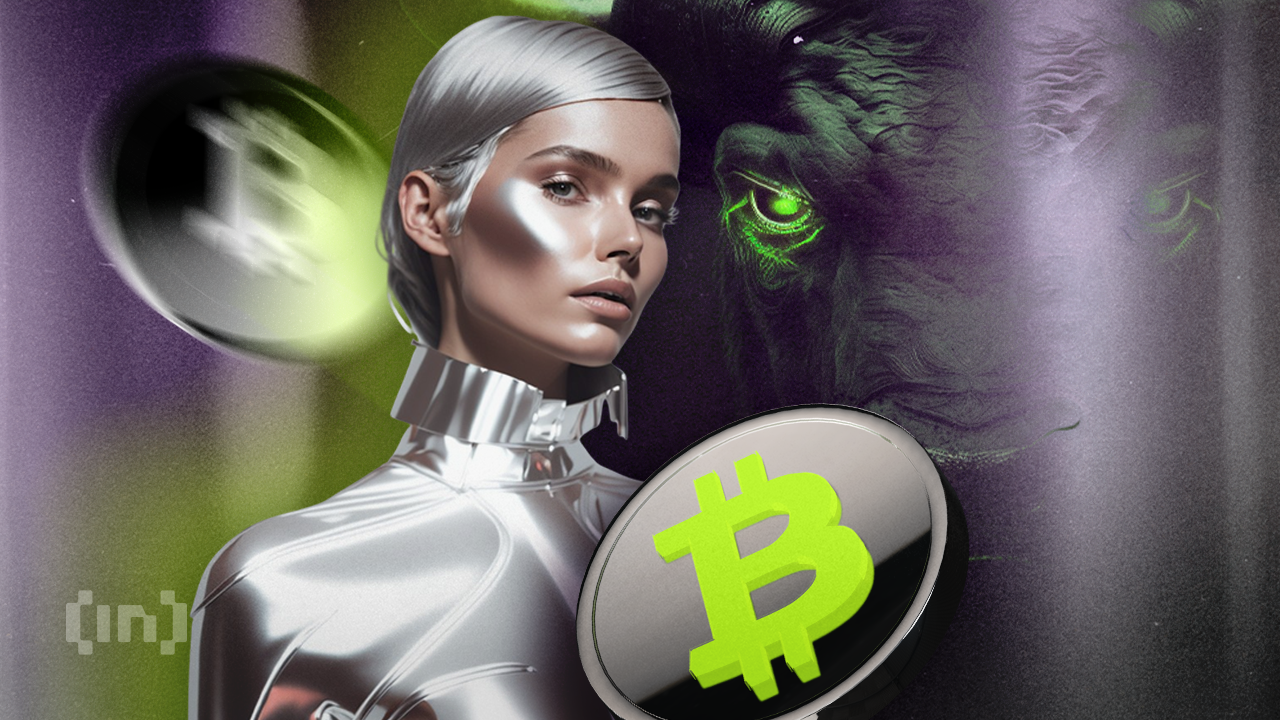Who owns intellectual property rights to non-fungible tokens?
NFT IP laws and rights: As the Non-Fungible Token (NFT) ecosystem grows and matures, NFT creators as well as subsequent buyers seek opportunities to commercialize the NFT artwork. This leads to copyright claims and lawsuits.
This is why it is important to have a clear understanding of the laws and rights for intellectual property rights regarding NFT. Let’s take a deep dive into intellectual property laws and rights:
What is intellectual property?
For those who don’t know, intellectual property is an umbrella term for a group of intangible assets (assets that do not have a physical origin), which refer to intellectual or cognitive creations such as inventions, literary and artistic works, designs, symbols, names, music and images to be used commercially.
Patents, copyrights, trademarks and trade secrets are the main categories of intellectual property rights.
Who owns the IP of an NFT?
This is where things get interesting. According to industry experts, unless the NFT creator transfers copyright to the NFT purchaser, the creator retains legal ownership of the NFT’s intellectual property, regardless of the NFT’s transfer of ownership.
To put it simply, unless the creator makes explicit efforts to ensure that happens, copyright law does not grant an NFT owner any intellectual property rights.
Please note that any purchase of NFT does not automatically transfer copyright to the purchaser. As a result, even if the buyer of Jack Dorsey’s first tweet spent millions of dollars on NFT, the buyer would not be able to use the NFT commercially (for example by printing it on a T-shirt or hat, i.e. merchandising) without permission. Because the copyright is still owned by Twitter and Jack Dorsey.
License IPs
Intellectual property rights must be transferred in writing to the buyer if he or she so wishes. This will not happen automatically when selling an NFT unless it is expressly stated otherwise, either in the smart contract or elsewhere.
According to experts, one solution to the problem of transferability of intellectual property rights is for the NFT creator to grant specific copyright rights to NFT owners, also known as a license.
The National Basketball Association (NBA) Top Show, for example, stated in their NFT purchase terms and conditions that the owner had a license to “use, copy and display the designs of his NFT solely for personal use.”
Also, the Bored Ape Yacht Club (BAYC) allowed NFT owners to commercially use the designs of their monkeys, implying that the NFT owner could sell any merchandise that included the designs of the NFT they purchased.
Read also: How to secure your accounts on crypto exchanges? Here is the guide


